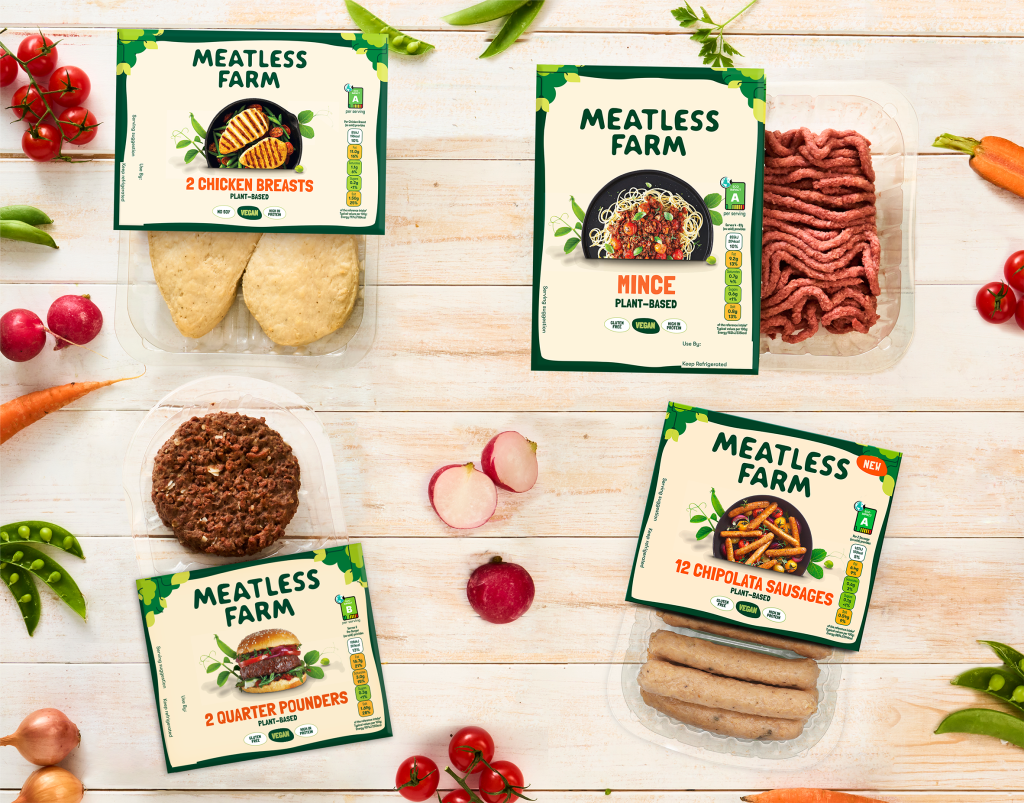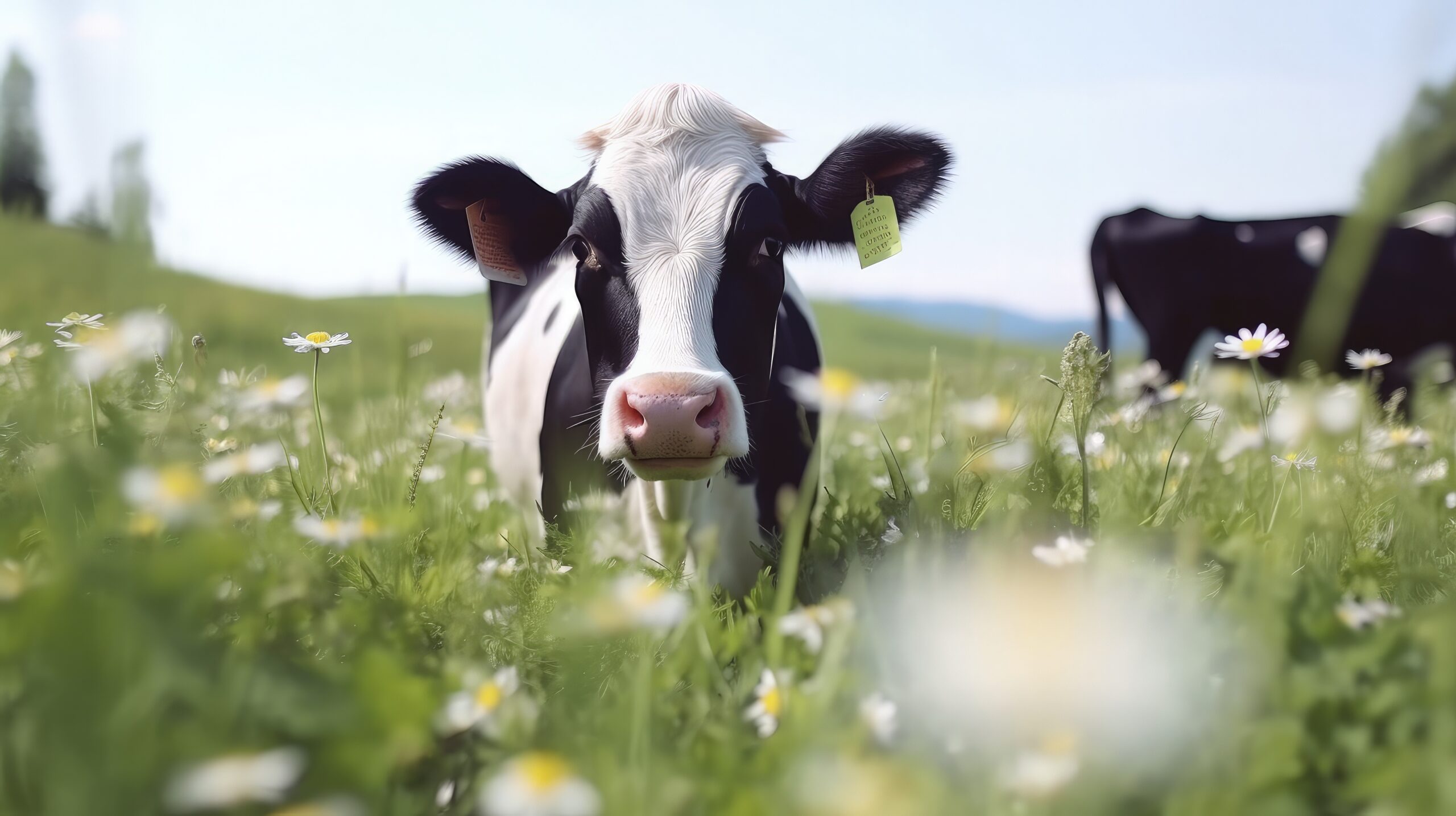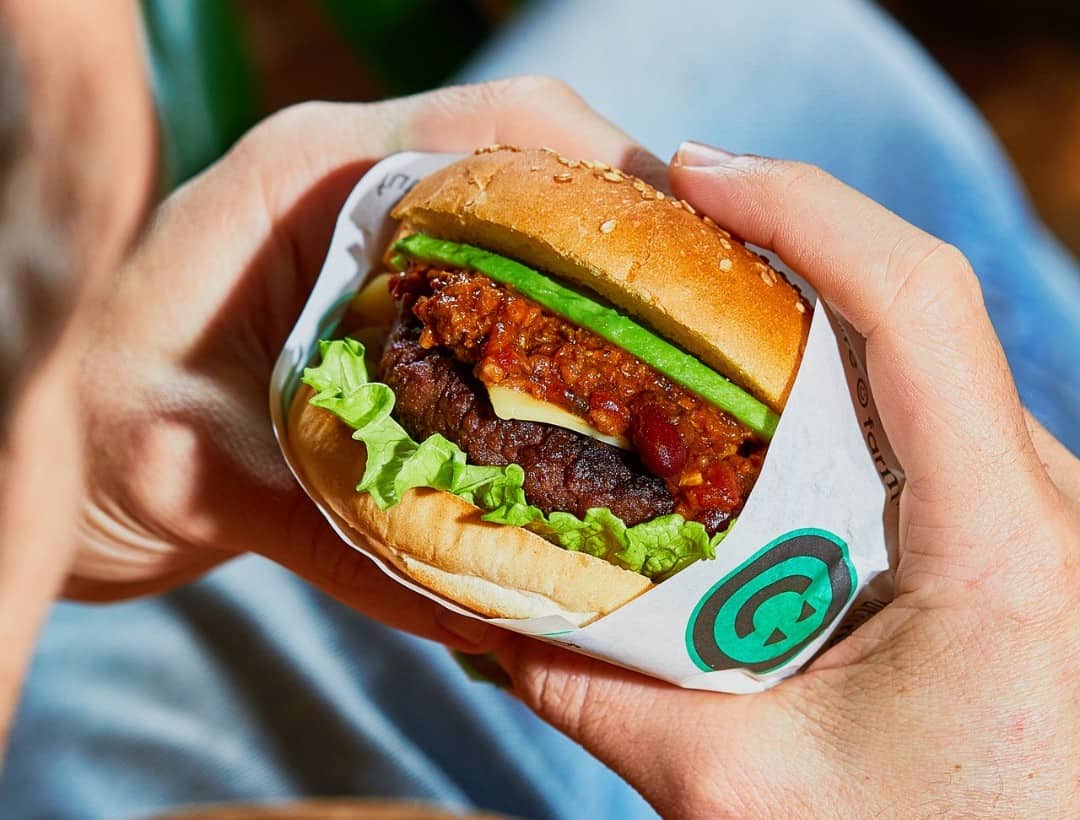The global vegan food market has grown enormously over the past ten years. As we know today that excessive animal farming is not the way to go to achieve a sustainable food system, members of the growing vegan society are increasingly aiming for a vegan food market without animal farming.
The lean years of plant protein-based tofu options being the only vegan products on the menu are over, as the vegan market of today offers way more than anyone could have imagined 25 years ago. Traditional food production that is centered around meat eaters mainly manufactures products containing animal ingredients. Therefore, animal agriculture boosts the greenhouse effect and accelerates climate change.
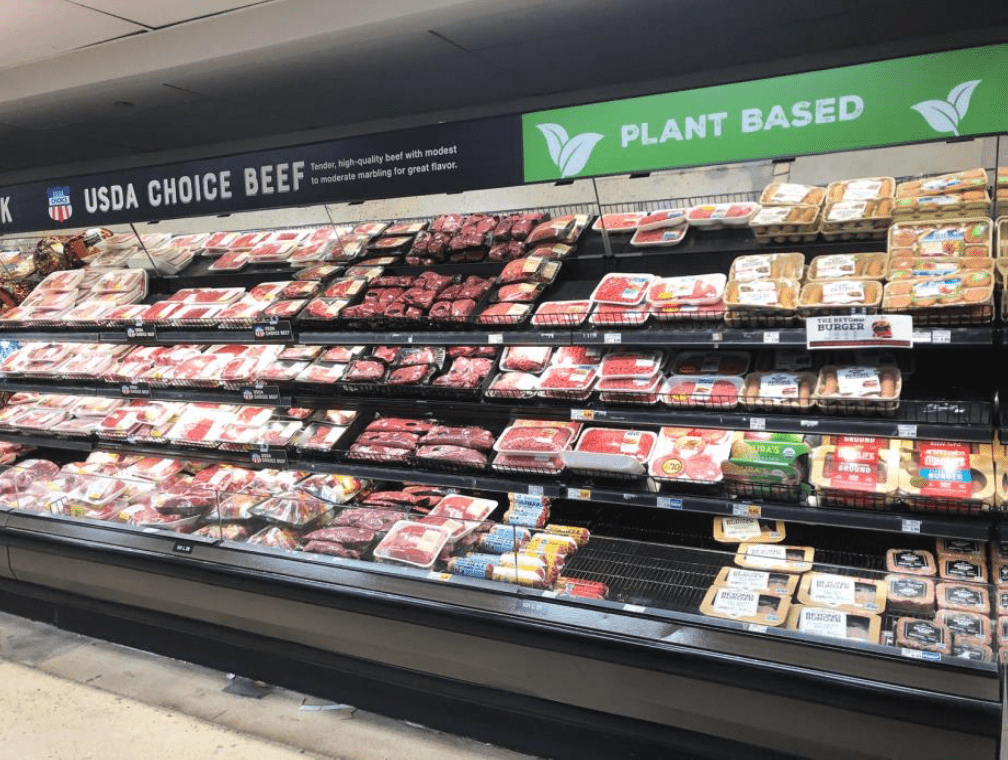
The diversity of the global vegan market
The vegan market consists of many diverse products, with a modern plant-based food production company ready to set its own trends in the market rather than following old ones. While the vegan market offers a truly global perspective in terms of growth and diversity, many companies for plant-based foods follow regional and country strategies.
Following a vegan diet is a trend by itself. Despite the common misconception, that vegan and vegetarian diets lack protein, referring to the essential nutrients factor, plant protein-based meat and dairy options offer great protein content. The essential nutrients factor impacts the decisions of consumers. Problems such as inadequate calcium intake and high-quality protein issues are addressed by modern plant-based foods. Many very important minerals can be gathered from a vegan diet according to reliable high-quality data.
Latest market research findings suggest that especially the plant-based meat and dairy markets are rising fast. Especially among Gen Z and Millenials, animal meat is losing relevance, so the market’s response is to increase plant-based products without animal-derived ingredients.
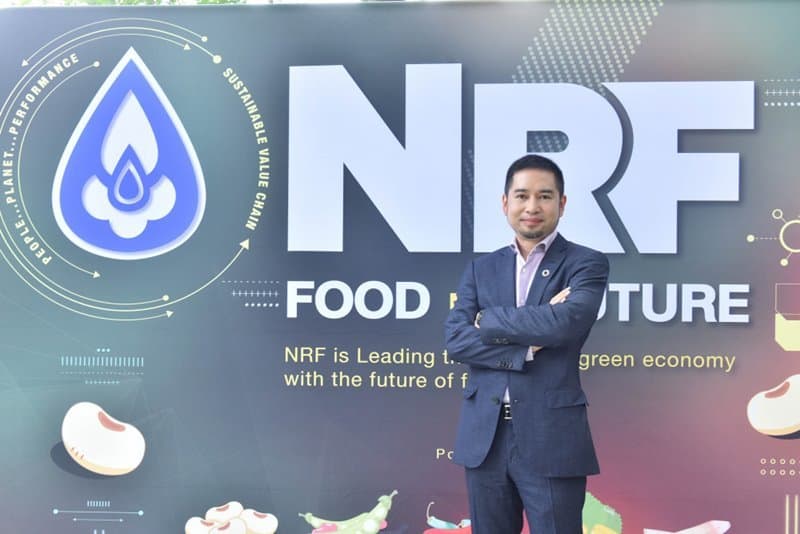
Local strategies are meeting a global success
Many companies create regional strategies and identify growth segments in the global vegan market for their countries. The compound annual growth rate of some companies is tremendous, with local data suggesting that countries like Great Britain, The United States, and Germany, are ahead in the production and consumption of vegan products.
Beyond the big markets, however, a silent but growing vegan revolution is taking place in most parts of the world. For instance, Thailand’s Let’s Plant Meat has been at the forefront of the burgeoning plant-based industry in the country since its inception, producing vegan meat alternatives such as burgers, mince, and katsu with locally grown ingredients.
While products from key competitors like Beyond Meat are too expensive and overall not well received by the locals, the domestic company understands the needs of local customers and accelerates the market for plant-based meat alternatives in the country.

The vegan market thrives due to increasing investment
Nowadays, for vegan businesses, private companies and publicly traded alike, to be estimated at several billion is no longer rare, especially among the vegan meat and dairy giants, including the global players like Impossible Foods and Oatly.
In 2020, investments in vegan food companies almost doubled, with particularly high growth for cultured meat. According to studies, the plant-based foods market could be worth $155 billion by 2027, with alt-protein potentially making up 11% of the global protein market by 2035. All of those are good reasons for vegan and non-vegan investors around the globe to get their hands on vegan investment opportunities.

The transition towards a sustainable vegan market
Vegan food products
Although it is often claimed that vegan food products lack key nutrients for a healthy diet, the strong growth in veganism and research regarding the topic is proving them wrong. According to forecast data by Fortune Business Insights, The global vegan food market is projected to grow from $26.16 billion in 2021 to $61.35 billion in 2028 at a CAGR of 12.95%.
In order to limit greenhouse gases and to reduce the risk of the next global pandemic, plant-based agriculture, in particular cellular agriculture, are very important to meet growing operational challenges in global food production. Cell-based technology, unlike conventional agriculture technology, hardly uses any farmland for the production of its cruelty-free products.
Although the use of animal cells in the production of meat and fish products will certainly not receive the vegan trademark, it is an effective method to counter the excess practice of traditional animal farming. According to a comprehensive report by multinational pharmaceutical company Merck, it will be necessary to design a completely new food system with a focus on sustainability, including alt-protein and cellular agriculture.

Vegan fashion and beauty products
As of 2022, veganism is no longer limited to a diet that is free from animal ingredients, but is increasingly developing into a global movement looking to implement ethical principles across all daily consumption patterns. Therefore, vegan fashion products are an important pillar of the vegan society.
In today’s fashion, one of the most controversial materials is animal-derived leather. Fortunately, an increasing number of customers are demanding cruelty-free and vegan alternatives to leather, accelerating the vegan leather movement around the world.
Another vegan product category on the rise is the vegan beauty market. As most consumers are looking for cruelty-free beauty products that are not involved in any animal testing, the label vegan is a strong selling argument. The majority of vegan cosmetics brands are meeting the demand by developing innovative recipes for their plant-based shampoos, skin-care, or cosmetic products without toxic or animal-derived ingredients.






